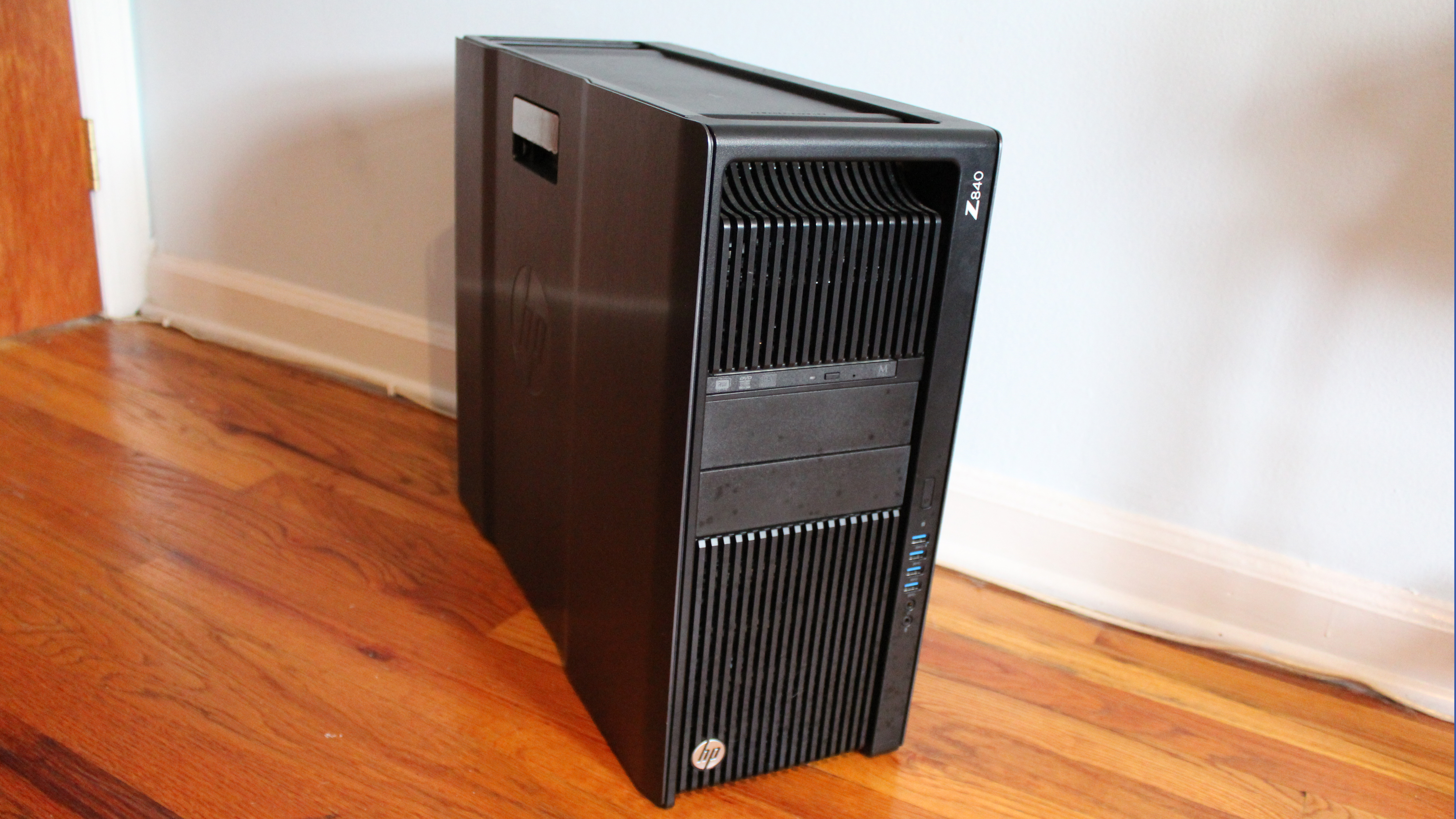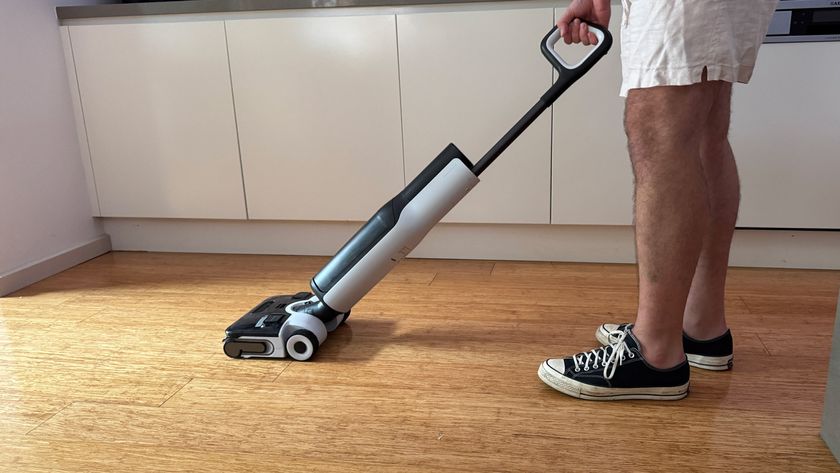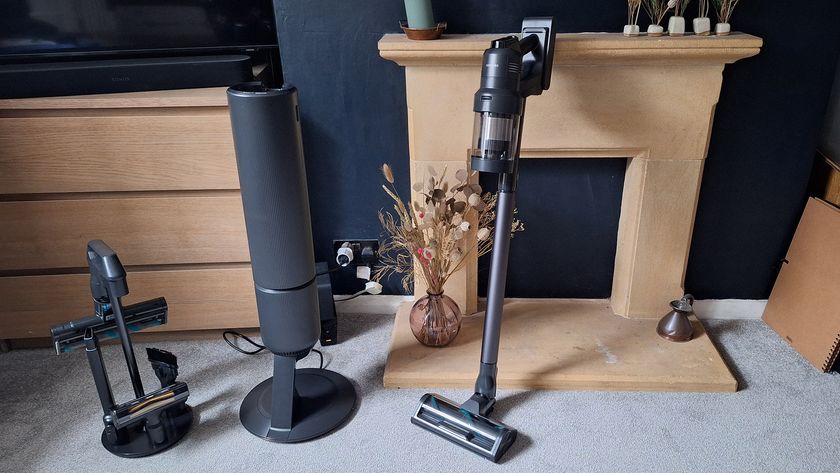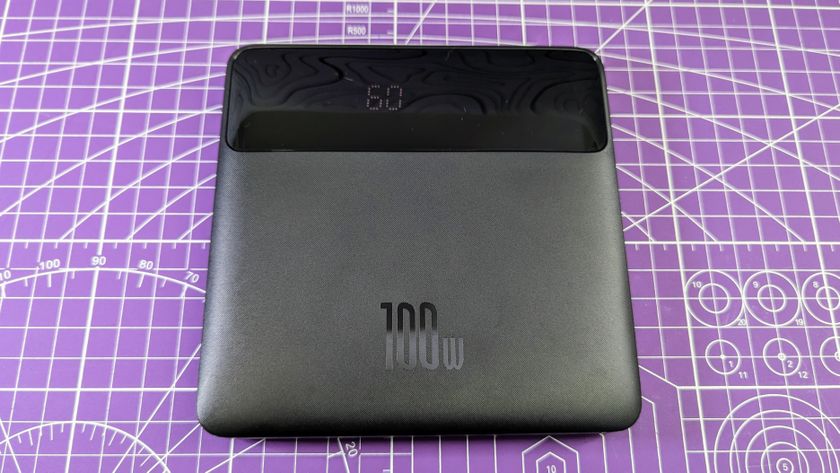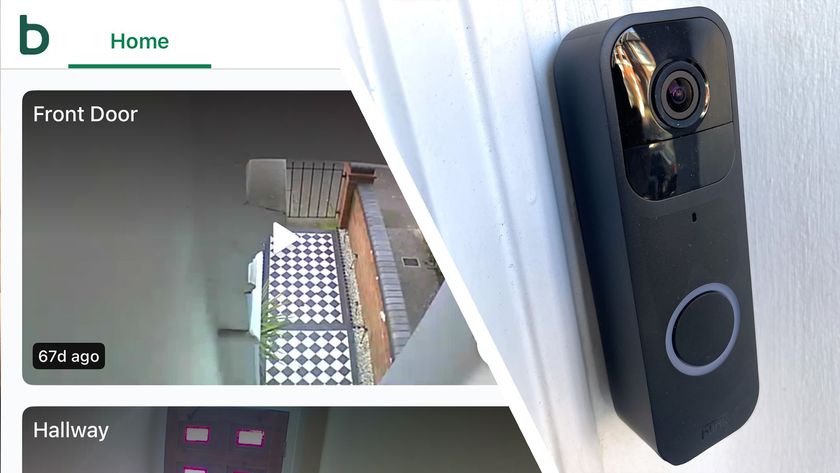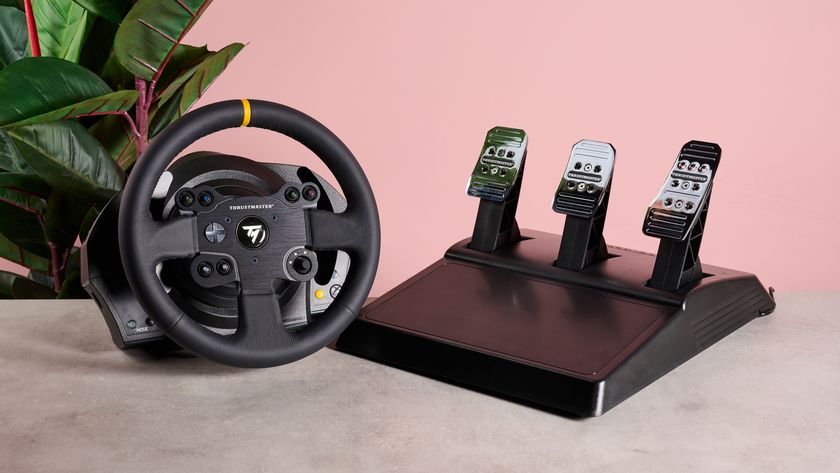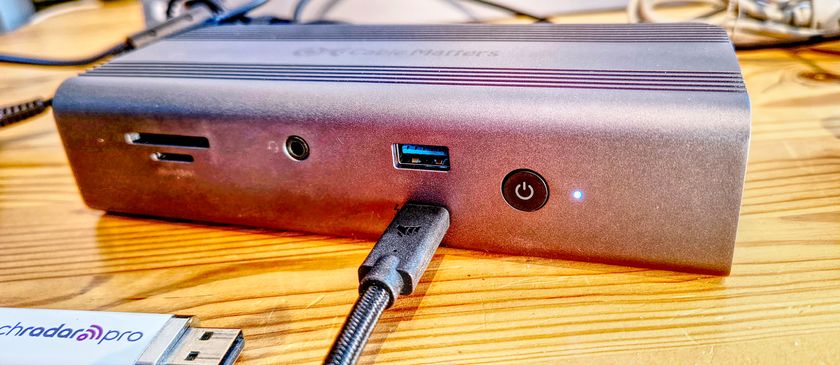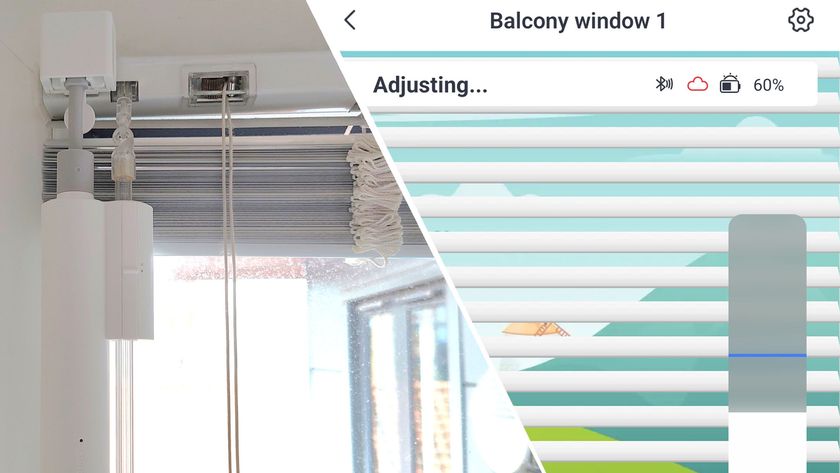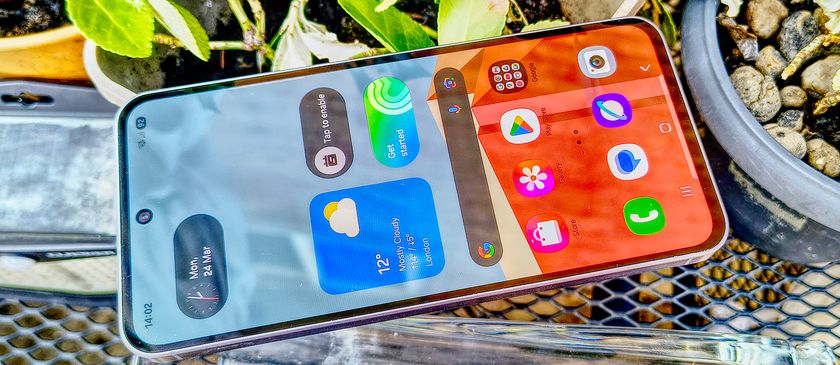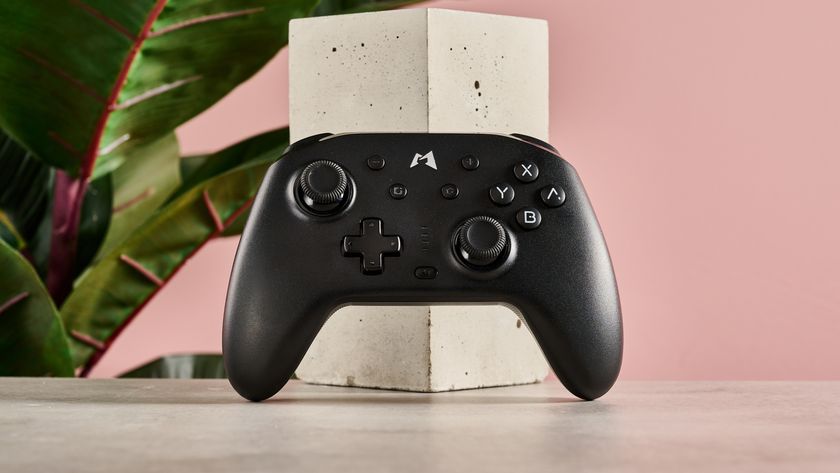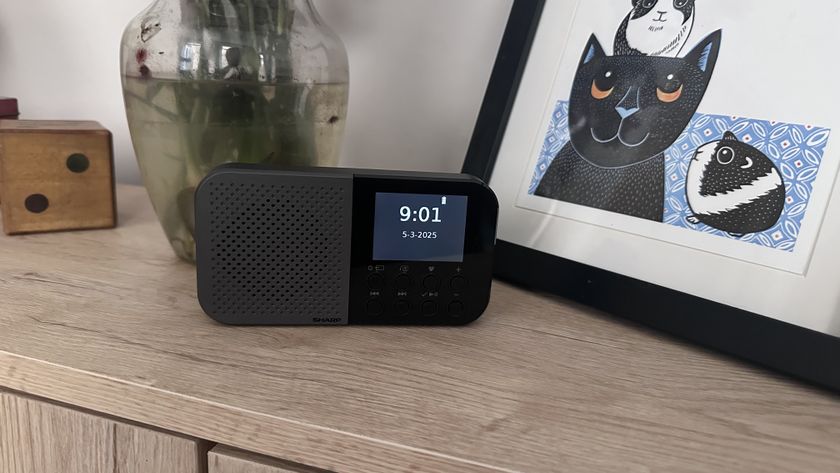Why you can trust TechRadar
Everything in this machine can be outfitted to be top-of-the-line. The unit sent to techradar will cost you $4092.80 (about £2618.43, AU$5520.14). But if you're looking for something a bit more affordable, with a few performance compromises, there are more affordable configurations available that will start at half this price.
Here is the HP Z840 configuration that was sent to techradar for review:
- CPU: 3.0 GHz Intel Xeon E5-2623v3 (quad-core, 10MB cache, up to 5GHz with Turbo Boost)
- Graphics: NVIDIA Quadro K2200 4GB DL-DVI
- RAM: 32GB DDR4-2133
- Storage: 1TB, 256GB SSD
- Ports: USB 3.0 (8), USB 2.0 (2), mini DisplayPort (1), RJ-45 to integrated Gigabit LAN (2)
- Weight: 30 lbs (13.61kg)
- Size: 6.85 (174mm) x 14.6 (457mm) x 16.6 (513) inches (W x D x H)
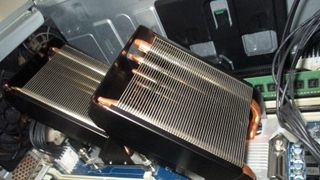
Performance
The HP Z840 is a quiet machine for its bulk and I think overall it's quieter than my gaming machine. In terms of boot times, the HP Z840 is wicked fast with a 20.1 second boot time and a 2.98 second awake-from-sleep time.
This is such a beefy machine that I cannot imagine what would slow it down to a grinding halt outside of a normal locked program. I used this machine as my workstation for a big network drive installation and file copying and I was using this machine to process 4 TB of data and it handled it just fine.
Here's how it performed on our standard benchmark tests:
Video Card Performance:
- 3DMark: Fire Strike Extreme 1913; Sky Diver 13763; Cloud Gate 2042
- CineBench: OpenGL 108.37 fps, CPU 1252 cb
Storage Performance:
- 1 TB HDD Performance: 2299; storage bandwidth 8.43 MB/s
- SSD Performance: 4499; storage bandwidth 307.33 MB/s
You would be wise to put a better video card in this workstation than the one I was given. I threw a ton of applications at this machine and outside of the video card not being the top-of-the-line, I could not throw enough at this machine to slow it down.
I created a 20GB ISO file (dummy file), burned a DVD, opened Word 30 times, played a Youtube video, played a Netflix video, ran a VNC server, and tested the read/write abilities of the SSD drive. Nothing slowed down. I even re-ran the SSD test to ensure that the numbers weren't off, and they were not.
